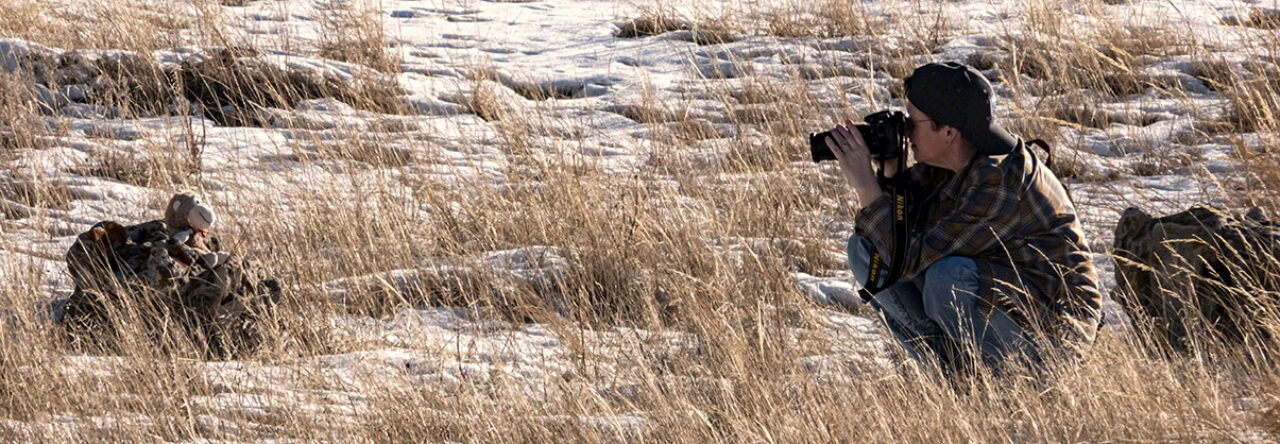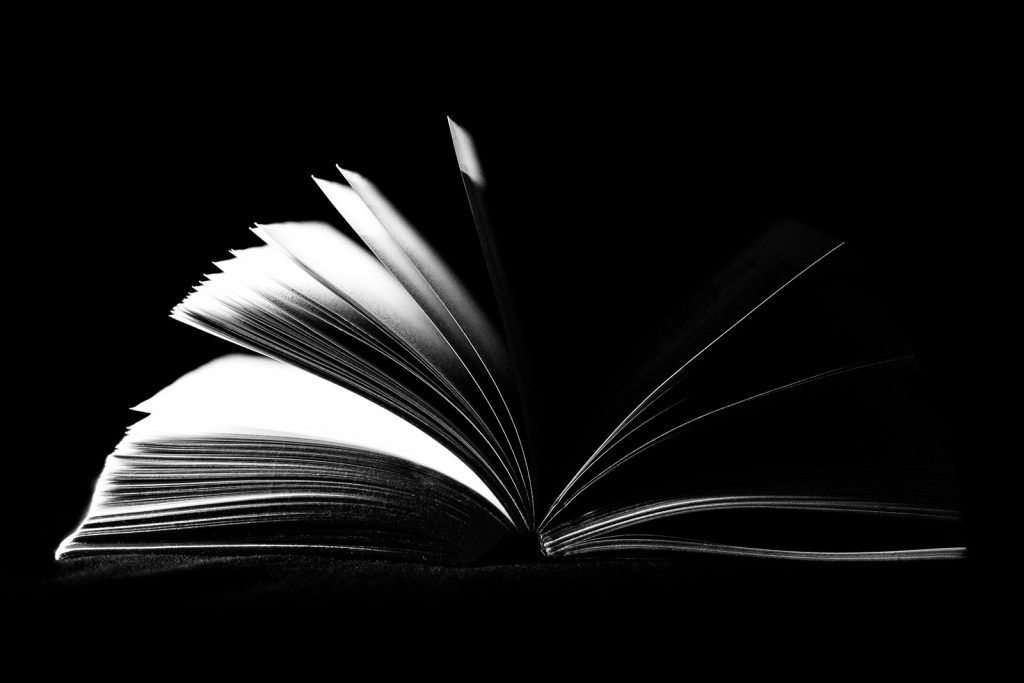Every year, thousands of libraries across the nation celebrate Banned Books Week. The week highlights books that have been challenged in some way because someone didn’t like the content within. They feel compelled to make sure no one else can discover the stories within its pages solely because they did not like the content.
This year, the top ten books on the American Library Association’s list have been challenged for a variety of reasons, including, profanity. They all have been challenged due to something LGBT related.
Halfway around the world, most people have probably never heard of Banned books week, but they know the value of knowledge. Last week, ABC News in Australia reported that thousands of books from the Mosul university library were rescued after Daesh destroyed the library.
The story of a ruined library. It was first burnt by ISIS then targeted by 9 coalition missiles.
Photo by me.https://t.co/XQaSzXrL4T pic.twitter.com/ckeSmrKjVd— Ali Y. Al-Baroodi (@AliBaroodi) September 14, 2017
Daesh occupied the library and deliberately set it on fire. A community campaign was organized to try and restore the library and save any books still inside.
The volunteer effort to save what was left of Mosul University library after it was destroyed by IS has renewed hope for the city after more than two years of occupation.
The library once contained hundreds of thousands of ancient documents, including a ninth-century Koran, before it was burned down in a deliberate attempt to erase culture.
“At the beginning when we went by the library, we couldn’t hold back our tears, and we thought it was all over,” Mr Al-Baroodi said.
“We thought nothing survived from inside the library. Then we found that some books have survived and some of them are old manuscripts from 100 to 200 years ago.
“So we could save 86,000 books and removed 36,000 surviving beautiful books to a safer place. It was a big accomplishment.”
“A lot of institutes, including the Minister of Culture in Italy and Marcello Lippi — the famous Italian football coach — they all made campaigns to send books to Mosul.
“We are receiving a lot of books from Italy, from France, from the United Kingdom, from Canada, from the United States. So it’s always a pleasure to know that we are not alone in this.”
A morning of hope. It's great to see these great people take the rare materials from down the ashes into a safe place.#رسائل_من_الموصل pic.twitter.com/c6nQ4612uY
— Ali Y. Al-Baroodi (@AliBaroodi) July 27, 2017
While the books are saved, they are not yet available to public. It is hoped they will be in the near future when necessary items, such as shelving, become available.
A book festival was also held to celebrate books, reading, music and poetry. The volunteers expected a few hundred people. Between 3,000 and 4,000 people turned up.
Mr Al-Baroodi said he was overcome with emotion at the sight of cultural life returning to his city, which just months previously was a battle zone.
“In fact I felt speechless because nobody at all, nothing in the whole world expected this city to come from the ashes in this way,” he said.
“Publishing houses did not only send books and donations for the festival, but heads of festivals, university chancellors attended. In fact it was the biggest event since ISIS.
Many painters took part in the 1st Reading Festival.Their works reflected on the IS & the liberation eras. Stay tuned
Photo: Ali Al-Baroodi pic.twitter.com/37IiX5kr5z— Ali Y. Al-Baroodi (@AliBaroodi) September 11, 2017
We take for granted that our libraries will always be here. As Alliance Public Library Director Stephanie O’Connor told me, when you decide what people are and are not allowed to read, you are choosing for them what they can learn and what knowledge they can obtain. No one should ever have that right. The people of Mosul understand this.
Hopefully, the next time someone wants to challenge a book, they’ll think about what it means to remove access to knowledge and eliminate the ability to learn. When you decide you know best, you’re no better than Daesh.
You can read more stories about the Mosul University Library here. If you’d like to keep up with what is happening in Mosul, you can follow Ali Y. Al-Baroodi, teacher, photographer, and freelancer, on Twitter or 500px. He has an amazingly positive attitude and outlook on life considering what he and his city have endured.


Leave a Reply